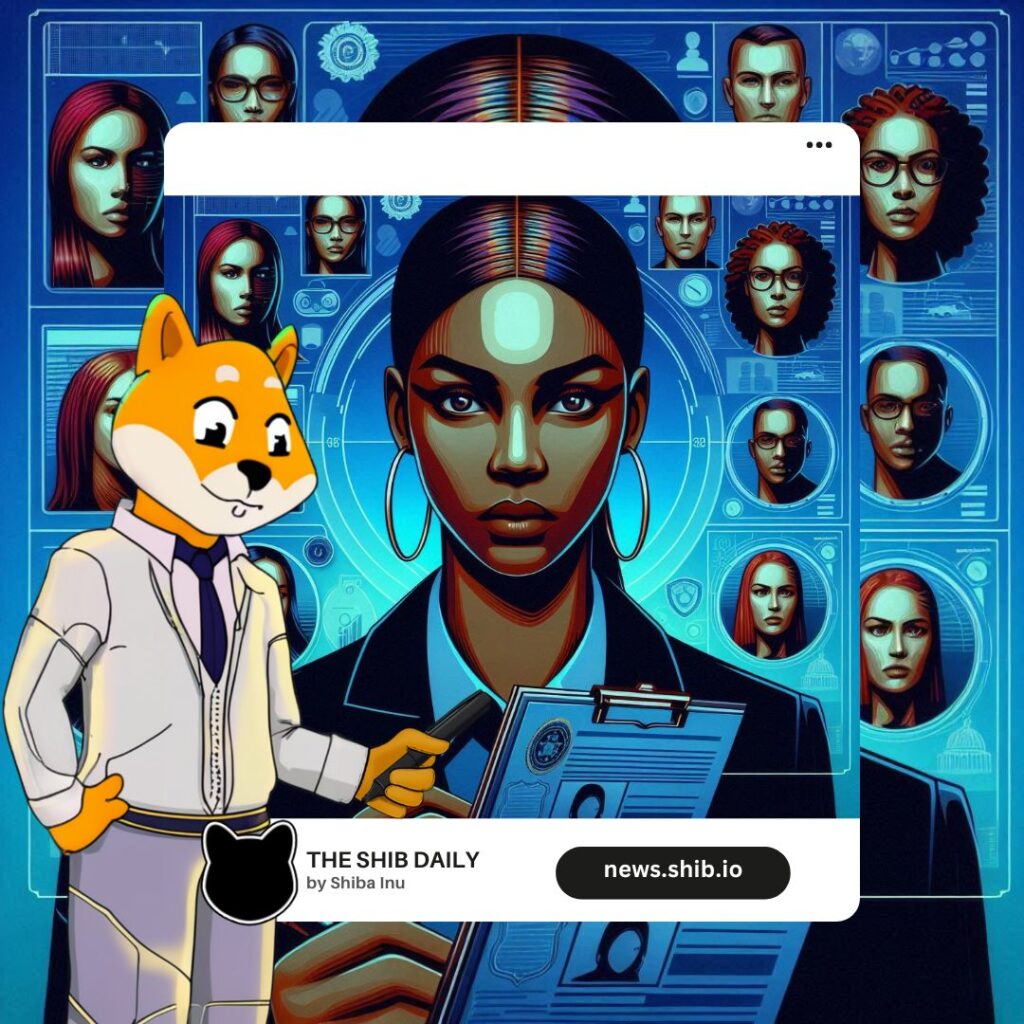Brazil is making significant strides in its Central Bank Digital Currency (CBDC) initiative, known as Drex, by incorporating elements of decentralized finance (DeFi) into the project. This latest phase aims to modernize the сountry’s financial infrastructure and introduces innovative experimentation that integrates DeFi concepts into the CBDC framework.
Roberto Campos Neto, the President of Banco Central do Brasil, discussed these advancements on October 3, 2024. He emphasized Brazil’s ambition for a multidimensional CBDC that addresses the complex challenges of decentralization, privacy, and programmability.
Financial Challenges
In his presentation, Neto highlighted that Drex is designed to confront a long-standing financial challenge known as the “trilemma” of decentralization, privacy, and programmability. He noted that a successful CBDC must effectively balance these three crucial elements to create a transformative digital currency that extends beyond the traditional use cases of CBDCs.
“We wanted to have three dimensions of benefits that you cannot get on just a normal CBDC,” Neto explained. This innovative approach seeks to enhance the utility of the digital currency for both consumers and businesses alike.
Related: CFTC Opens Door for National Trust Banks to Issue Stablecoins
Integration of Tokenization on Drex
A key aspect of Drex is its potential to integrate tokenization directly into banks’ balance sheets. Tokenization allows for assets like government bonds and real estate to be traded, verified, and settled using blockchain technology. This capability not only streamlines transactions but also increases the efficiency and security of financial operations.
The Drex project aligns with Brazil’s Open Financе initiative, which aims to foster competition among financial service providers. Thie platform is expected tо integrate seamlessly with the CBDC, offering a marketplace where users can choose from various financial institutions and payment methods. The long-term vision is to expedite the country’s transition toward a tokenized economy.
Testing and Real-World Applications
The CBDC pilot has already entered its second phase, focusing heavily on digital asset transactions and the exploration of DeFi integration. This phase is vital for testing liquidity pools for government bonds and mechanisms for international trade finance. According to Banco Central, the tests will extend into 2025 without a fixed deadline to allow the government to refine the system and address any challenges that arise.
Related: Judge Allows Insider Trading Lawsuit Against Coinbase Execs
The pilot’s first phase experimented with decentralized elements in Drex, while the second phase emphasizes real-world applications, including asset tokenization and DeFi liquidity mechanisms. Brazil is also prioritizing interoperability between Drex and various DeFi ecosystems. The goal is to bring DeFi principles under regulatory oversigh and enable DeFi markets to operate within a controlled environment that ensures consumer protection and financial stability.
ShibaCon, a vision of Shiba Inu creator Ryoshi, is set to make history in Thailand. Join the movemеnt and be part of this landmark event in November. Tickets are available now at shibacon.shib.io.
Read More
- Brazil Launches Operation Niflheim to Crack Down on Cryptocurrency Tax Evasion and Money Laundering
- Brazil’s Central Bank Advances Drex Pilot with 13 New Themes for Smart Contract Testing
- Bluesky Soars with One Million New Users Amid Brazil’s Ban on X












